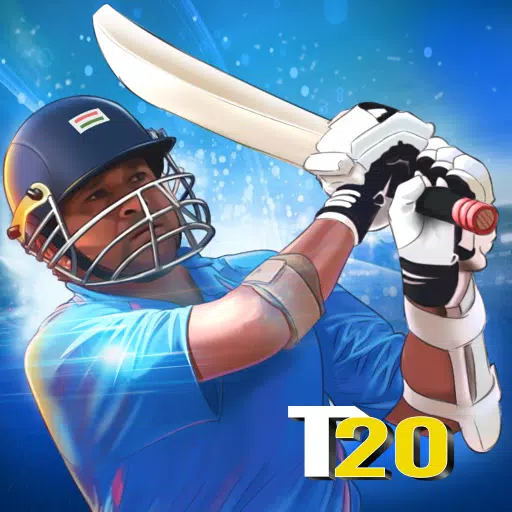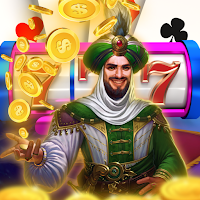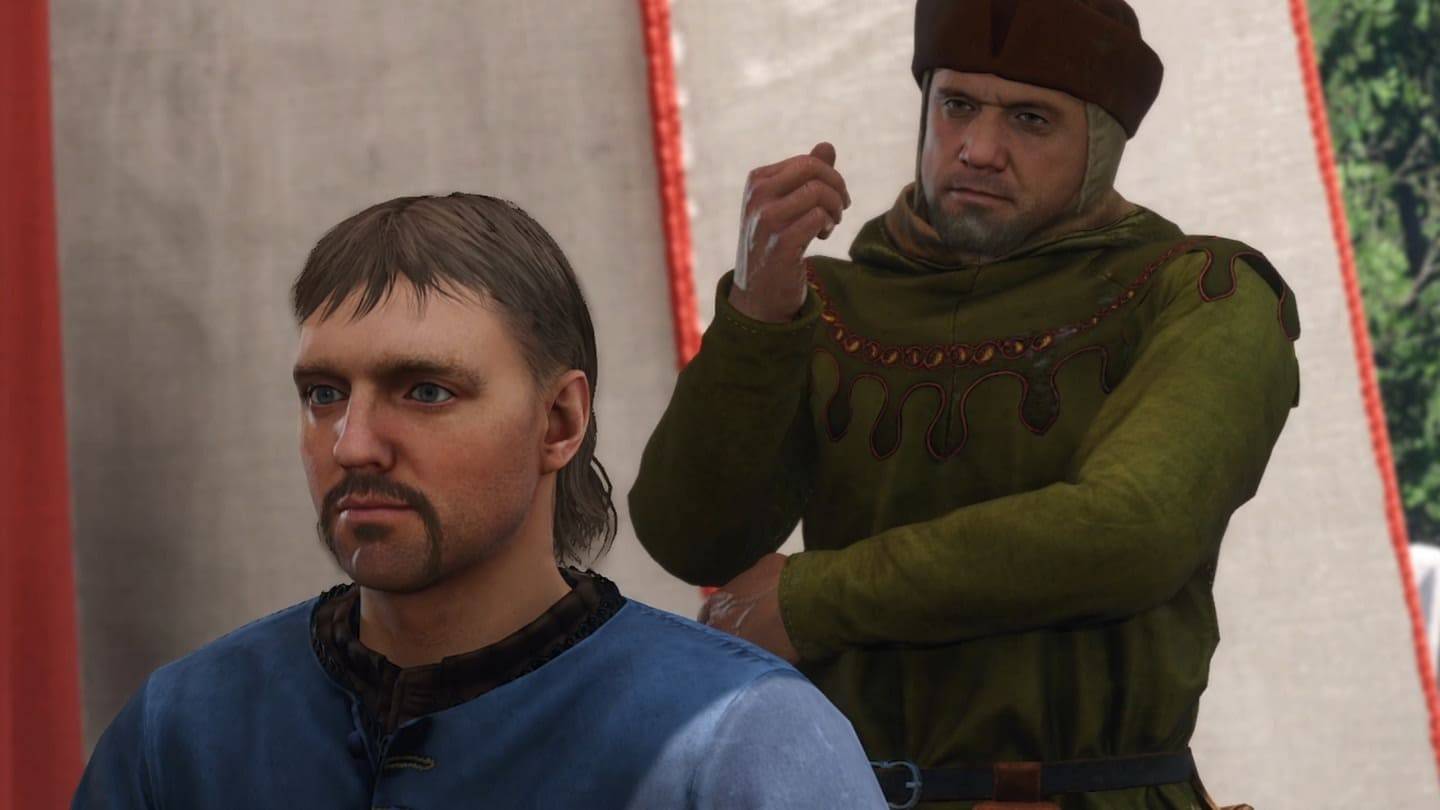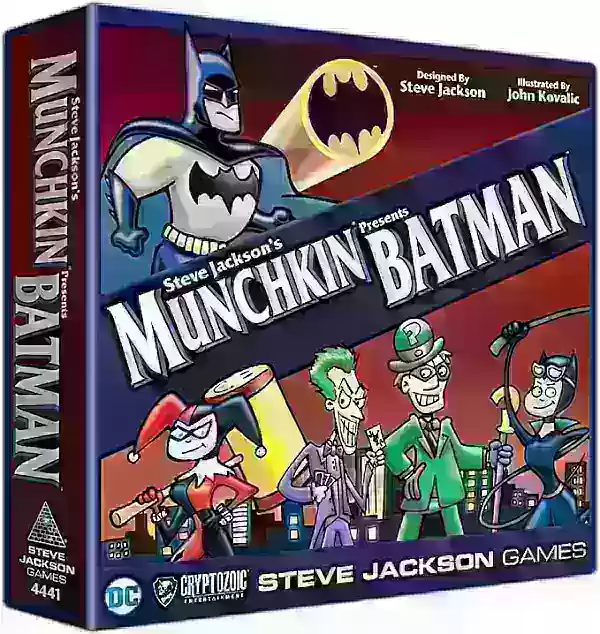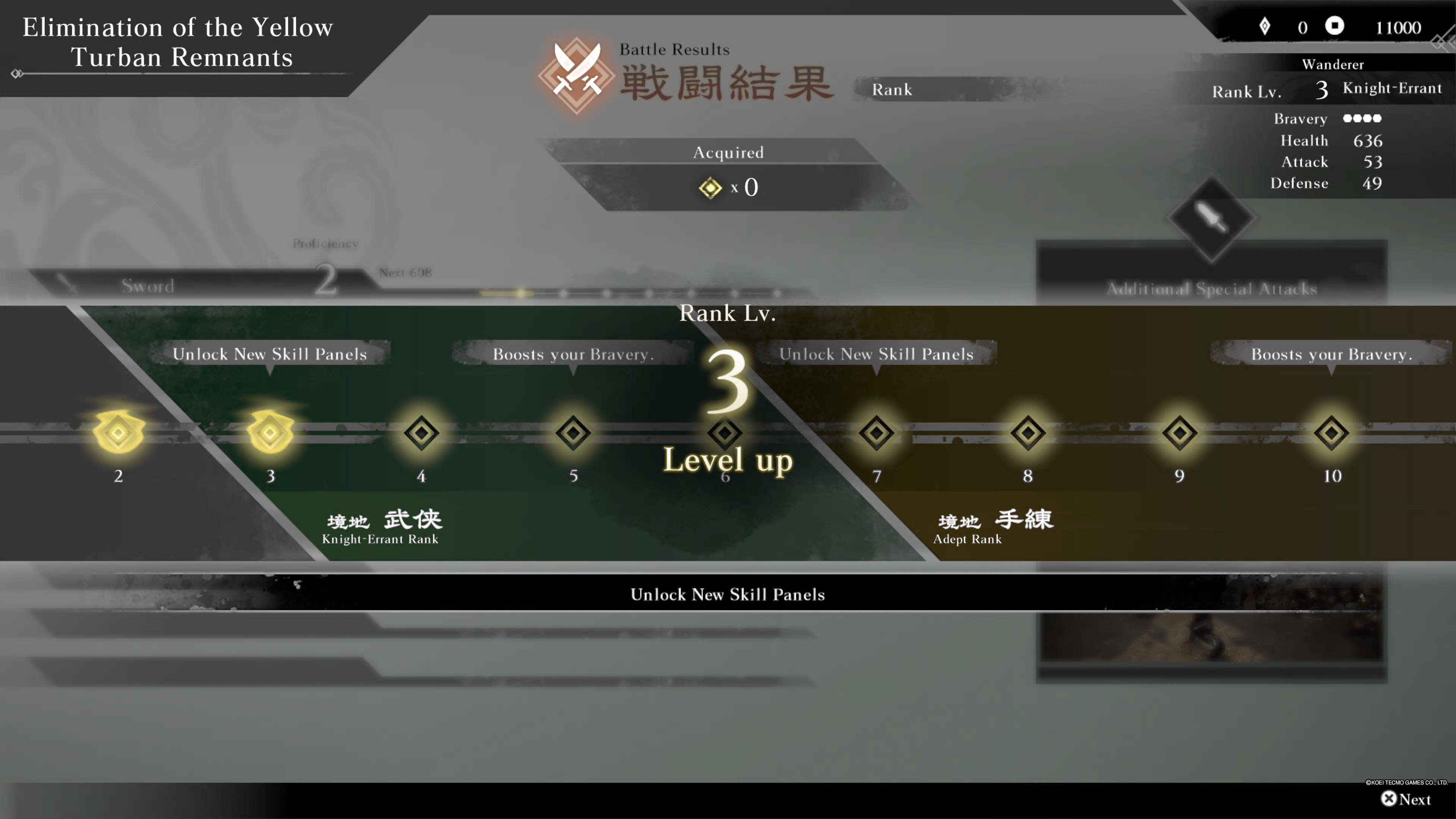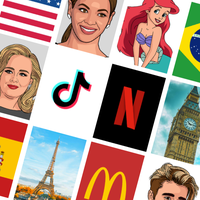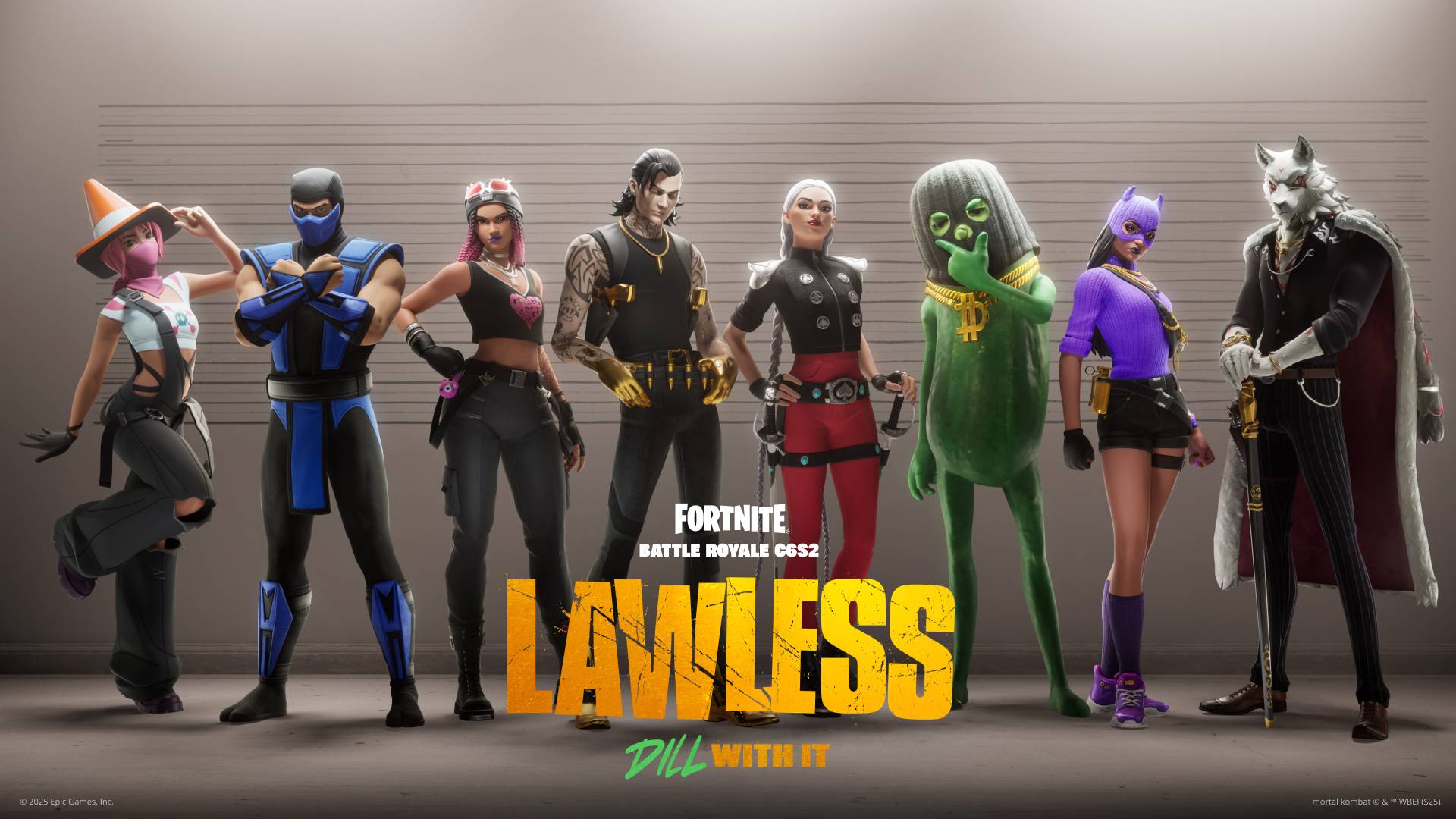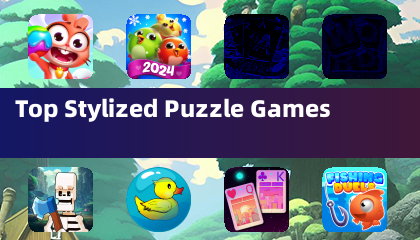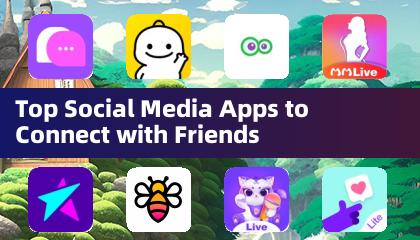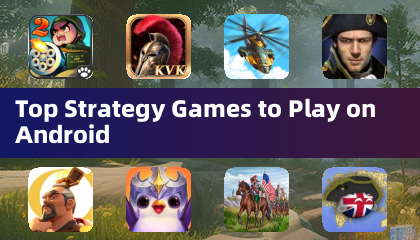Marvel Snap got caught up in the TikTok ban; so what does this mean for us?
TikTok's weekend ban dominated headlines, but the fallout extended beyond the social media giant. High-profile games like Marvel Snap also faced temporary removal from US app stores, highlighting the unpredictable consequences of geopolitical maneuvering.
While President-elect Trump's swift intervention reinstated TikTok, other ByteDance-affiliated apps haven't enjoyed such a rapid return. Marvel Snap, for instance, was abruptly pulled, leaving developer Second Dinner scrambling for damage control and promising swift restoration. This incident raises serious concerns about the communication and trust between ByteDance and its partners.
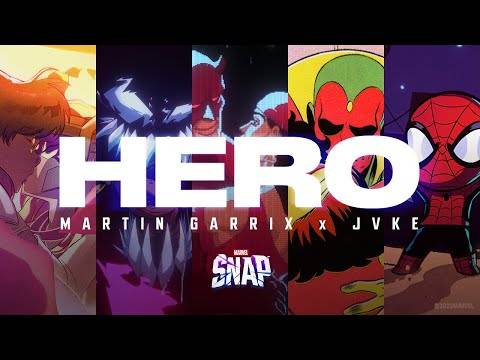
ByteDance's strategic move to leverage the TikTok ban and portray Trump as a savior generated significant attention, ultimately securing the app's reinstatement. However, this calculated risk inadvertently ensnared other gaming titles, leaving developers like Second Dinner in a precarious position. They've pledged in-game compensation to appease frustrated players, but the incident undoubtedly eroded confidence in their relationship with ByteDance. The clear message: social media trumps mobile gaming in ByteDance's priorities.
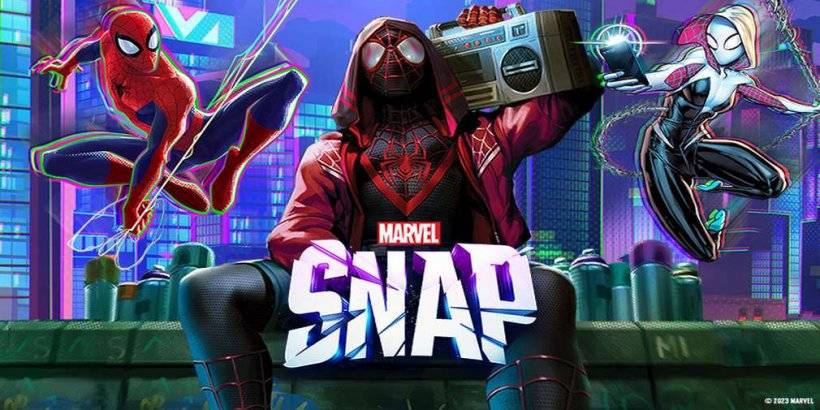
This isn't ByteDance's first misstep in the gaming sector. In 2023, significant layoffs and project cancellations within their gaming division signaled a shift toward partnerships rather than in-house development. However, the Marvel Snap incident suggests that this strategy is vulnerable to unpredictable political events. The lack of warning to Second Dinner could severely damage ByteDance's reputation and deter future collaborations. Disney, particularly, might be reconsidering its partnerships given the recent success of NetEase's Marvel Rivals.
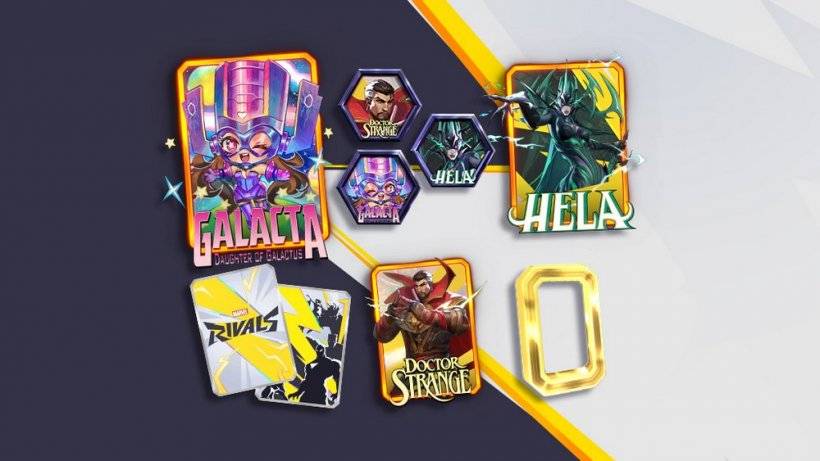
The TikTok ban might just be the beginning. Other Chinese gaming companies like Tencent and NetEase could face similar scrutiny. The FTC's actions against MiHoYo over loot boxes demonstrate the growing regulatory pressure. ByteDance's experience serves as a cautionary tale, highlighting the vulnerability of the gaming industry to political pressures.
The Marvel Snap incident unexpectedly galvanized even those indifferent to TikTok. The sudden unavailability of a popular game brought the issue into sharp focus, demonstrating the potential for widespread disruption. ByteDance's gamble paid off, but it sets a dangerous precedent. The future remains uncertain, raising concerns about the potential for arbitrary interference with gaming experiences based on geopolitical considerations. The consequences could be far-reaching and affect players, developers, and IP holders alike.

